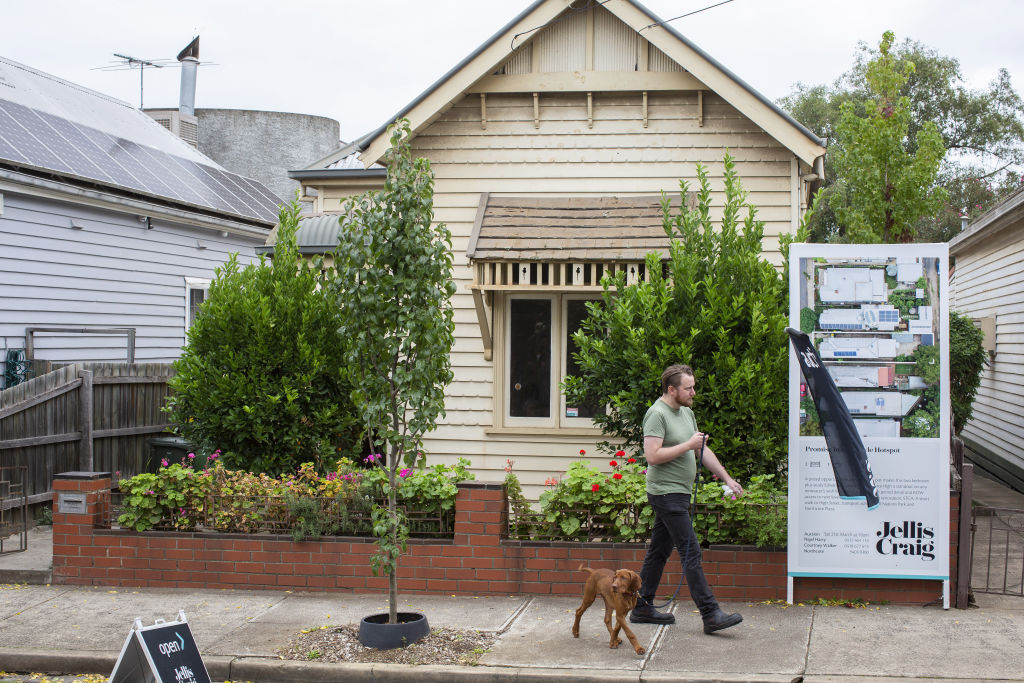'We recover every time': Industry stalwarts share valuable lessons

For many young real estate agents, coronavirus is the first major upheaval of the economy and day-to-day life they have experienced in their careers.
But a handful of industry stalwarts have lived through several uncertain economic times, including the 1987 stock market crash and the Australian recession of 1991.
Here, they shed some light on what they make of the current situation, how it compares to previous shocks to the industry and broader health of the country.
Ray White Surfers Paradise principal Andrew Bell: “The omens are really positive for real estate.”
Having joined the industry in 1972, Andrew Bell has experienced his fair share of economic shocks and has a cool-headed approach to the next few months ahead.
“I’ve been through credit crunches, credit crisis, three recessions, four stock market crashes,” he said. “We recover every time. It takes a bit of time but you dust yourself off and we go again.
“Something like this is not new to us or new to me. Every one of them is different … you don’t see them coming, even though they’re vastly different.”
He said the biggest difference between the Covid-19 circumstances and the past turbulences was the massive government response to help Australian people and businesses.
 Online auctions wobble in first weekend after coronavirus ban on public auctions
Online auctions wobble in first weekend after coronavirus ban on public auctions Online auctions to become the norm for selling property under the hammer. Here’s how they work
Online auctions to become the norm for selling property under the hammer. Here’s how they work Virtual tours help agents get buyers through properties as auctions, open homes banned
Virtual tours help agents get buyers through properties as auctions, open homes banned The buyers who are still purchasing property during a pandemic
The buyers who are still purchasing property during a pandemic
“There isn’t a need for panic because it’s clear that everyone is going to be given some time to get themselves sorted. I’ve never seen that before.”
Bell said he tried to see the silver lining out of each economic shock and this time will be no different.
“I suspect that the way we all do business, the way we value our jobs will have changed for a mighty long time after this.”
He believed the multi-billion dollar government relief package would cushion some impacts on the property market.
“History will tell us the usual things happen … a lot of people are forced to sell our properties and many are forced to sell very quickly,” he said.
“But that cushioning effect means that we won’t see a rush of sellers straight away. People may not have to sell at all.”
Bell said the fundamentals of real estate remained positive, even during this period of uncertainty.
“Interest rates are at record lows, population growth is steady, we’re building significantly less properties to house that growth. That’s a recipe for a shortage of properties.”
“The omens are really positive for real estate.”
Kay & Burton’s Michael Gibson: “…the world has become more resilient.”
Gibson entered the real estate industry more than forty years ago.
While he has experienced many property cycles over those years, he acknowledged the property market was in uncharted territory.
“The aspect of the isolation is a little unusual. It’s something we haven’t faced before that we have to work through,” Gibson said. “Having two people at a time to inspect a property is something we’ve got to manage, but it’s doable.”
He said past economic shocks have arrived at varying speeds, and when the impact of the coronavirus hit, it took everyone by surprise.
“What I’ve noticed over the years is the world has become more resilient,” he said.
Mr Gibson said once there was “freedom of movement” the market would take off – with gusto.
“I have no doubt that the market will start turning over again. Now what is normal? I think on the other side of this pandemic, normal will look different to what it was prior.”
He urged vendors and buyers to take the long-term view on the property market.
“If you’re taking a short-term view, you should sit and wait. If you’ve been searching and looking for a long time and you find a property you want, you should move on it.”
Christie’s International Real Estate agent Ken Jacobs: “Property is a long-term hold.”
Jacobs joined the real estate industry in 1975 when there was a market downturn, which he said quickly taught him the ups and downs.
Since then he has also endured the 1987 stock market crash, September 11 and the Global Financial Crisis.
“Each one is different and really the question is ‘how long does it go for?’” he said, adding that the market bounced back every time.
For the coronavirus-driven downturn, he said solving the health crisis came first and everything else would follow.
“Once they do that then they can sort out the economy,” Jacobs said. “The quicker they can, the quicker we can go back to normal. It’s too soon to know.
“There’s been no real impact on pricing for me. The biggest impact is people aren’t selling rather than not wanting to buy.”
Jacobs said – on the whole – there are fewer transactions, but he also reminded agents, buyers and sellers to see property as a long-term game.
Many will be driven to the certainty of bricks and mortar, he said.
“Quite often when there are issues with the stock market, it can reflect positively on the property market. Property is a long-term hold.”
We recommend
We thought you might like
States
Capital Cities
Capital Cities - Rentals
Popular Areas
Allhomes
More







